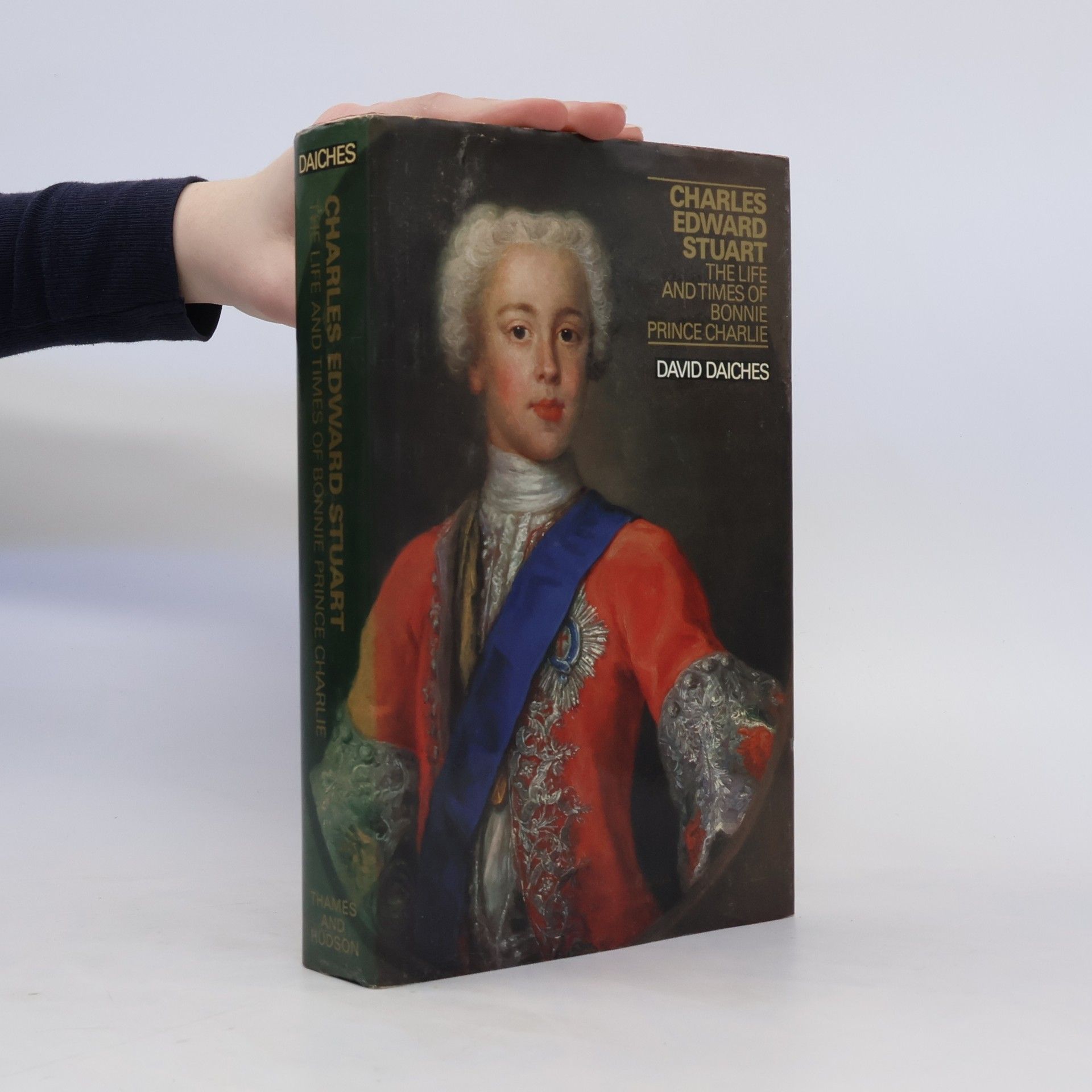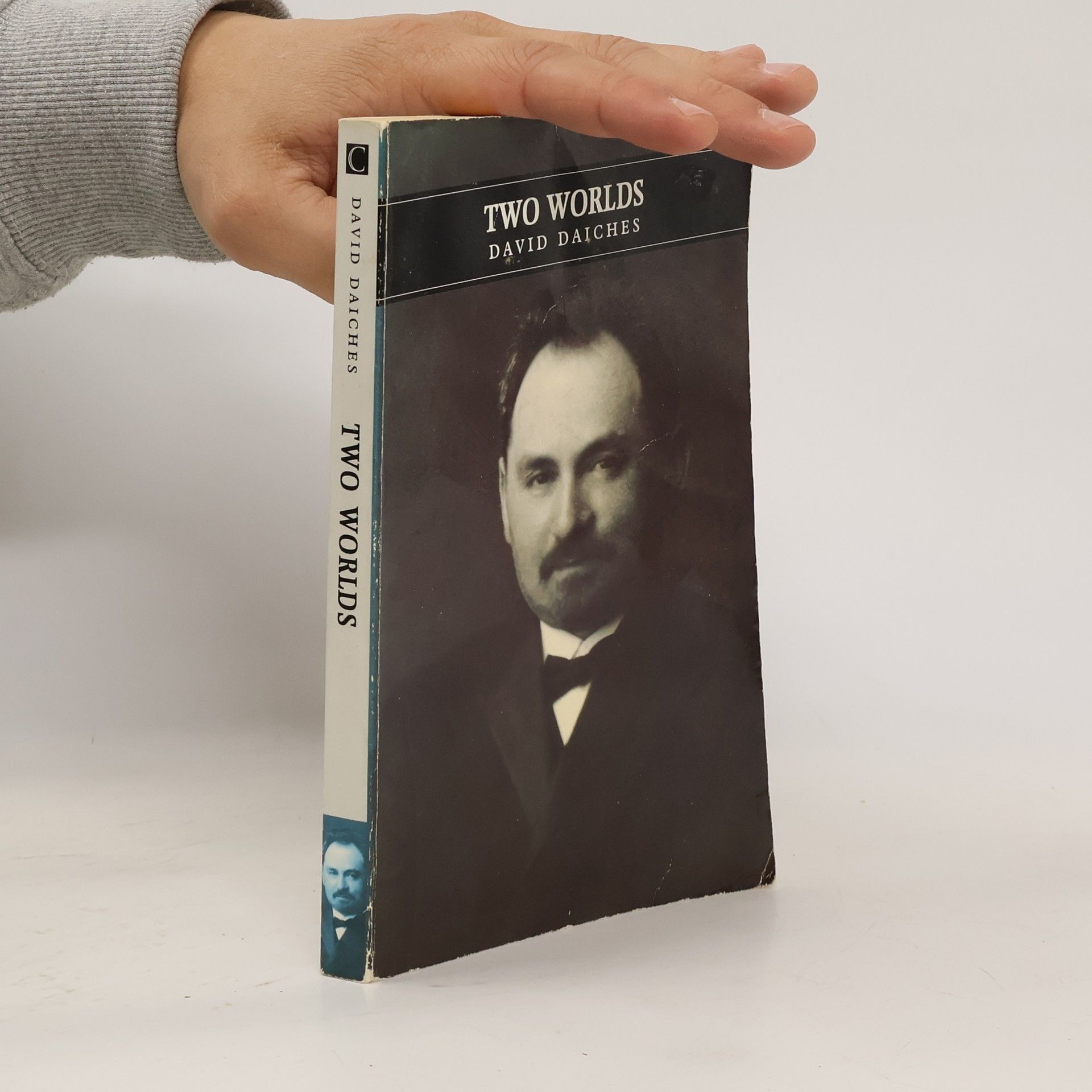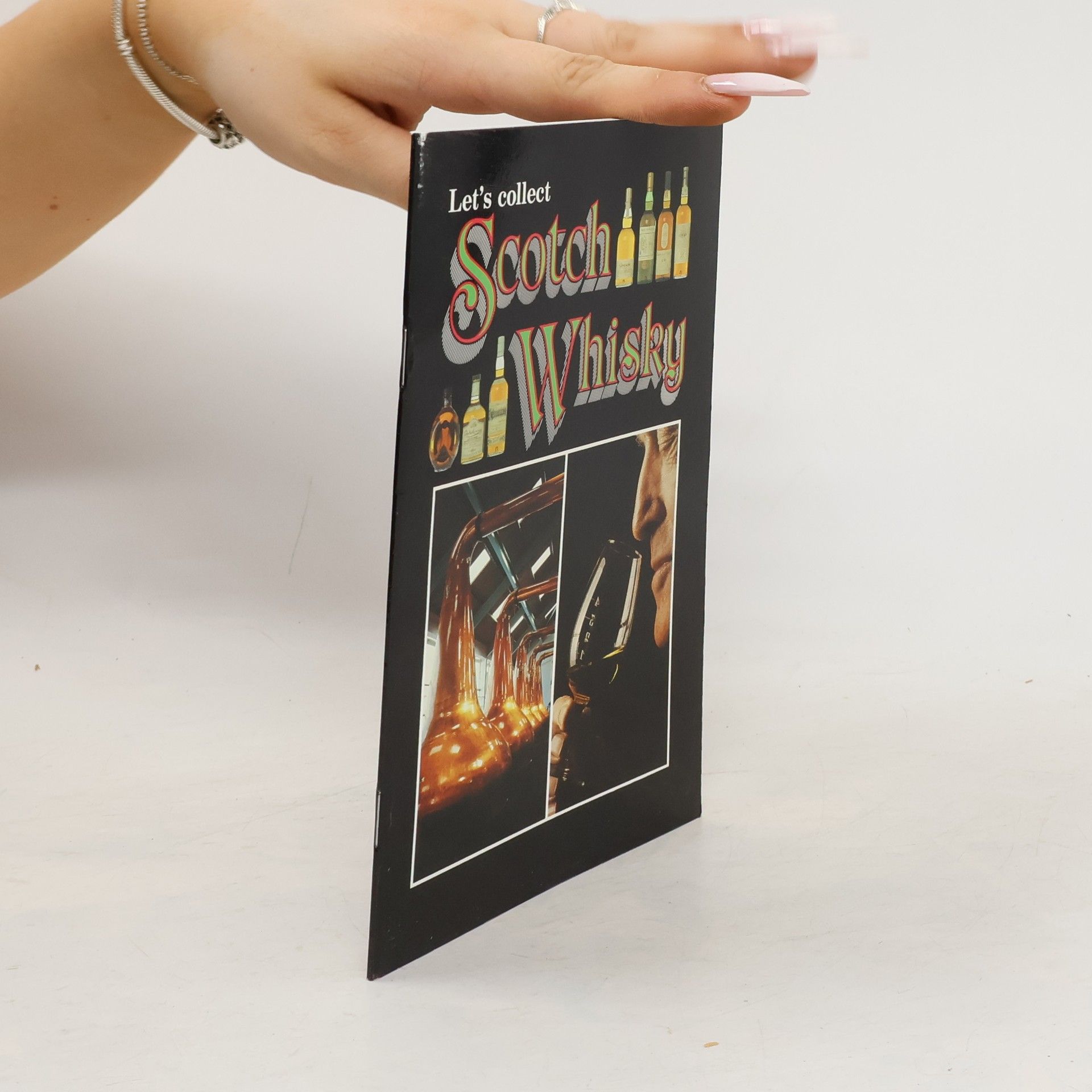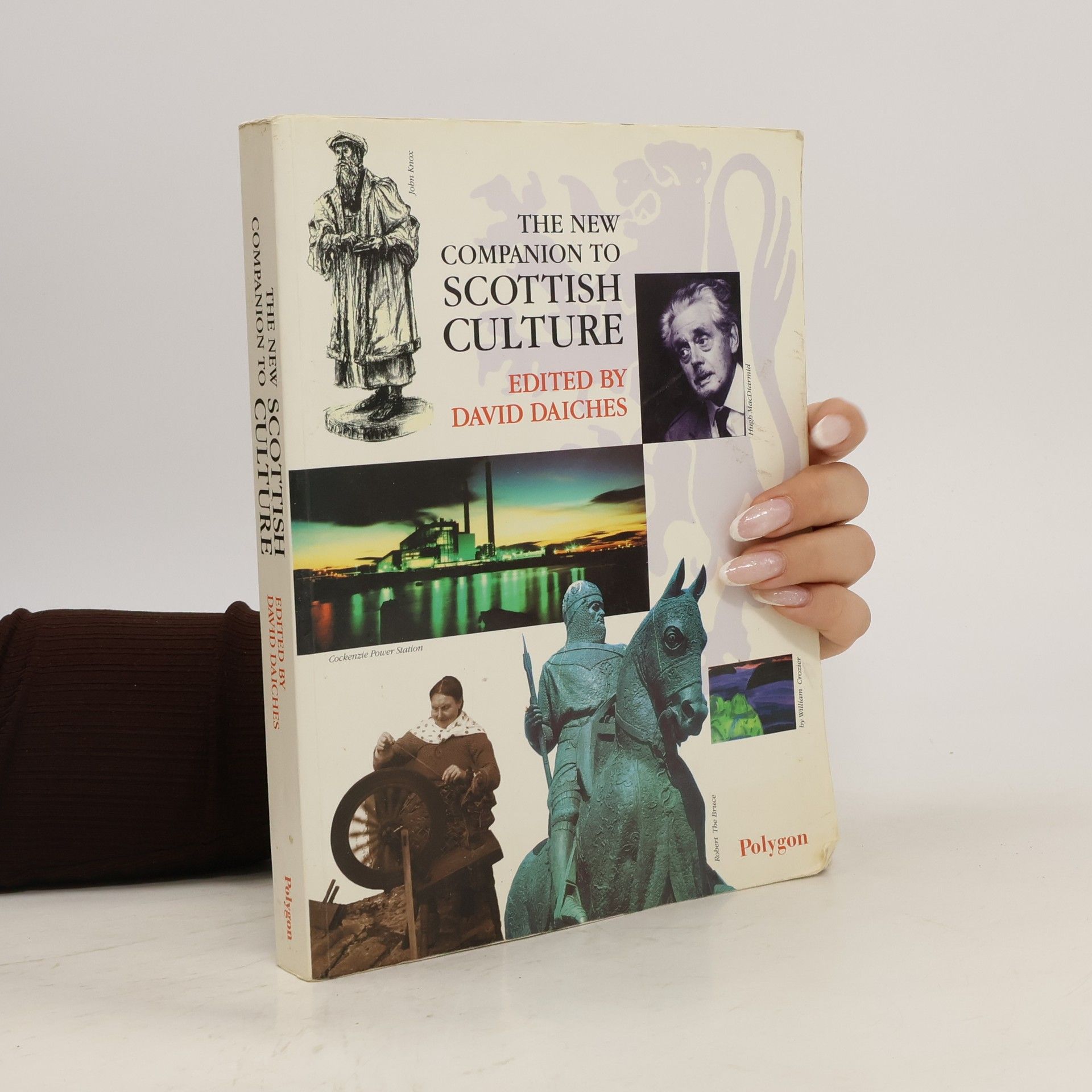The transition from an aristocratic ideal of courtliness to a bourgeois ideal of gentility is well documented in European culture. The development is a commonplace, but there were special factors present in Scotland which were not present in England or indeed elsewhere in Europe. These make the Scottish situation unusually interesting.The chapters of this book were delivered as the Alexander Lectures at the University of Toronto in March 1980.
David Daiches Books
David Daiches was a Scottish literary historian and critic, delving deeply into English and Scottish literature, as well as Scottish culture. His work explored the broader role of literature in society, with a critical approach valued for its depth. Daiches engaged with both literary history and criticism, contributing significantly to the understanding of Scotland's literary heritage. His writing was marked by its insight and interest in literature's significance beyond academic confines.

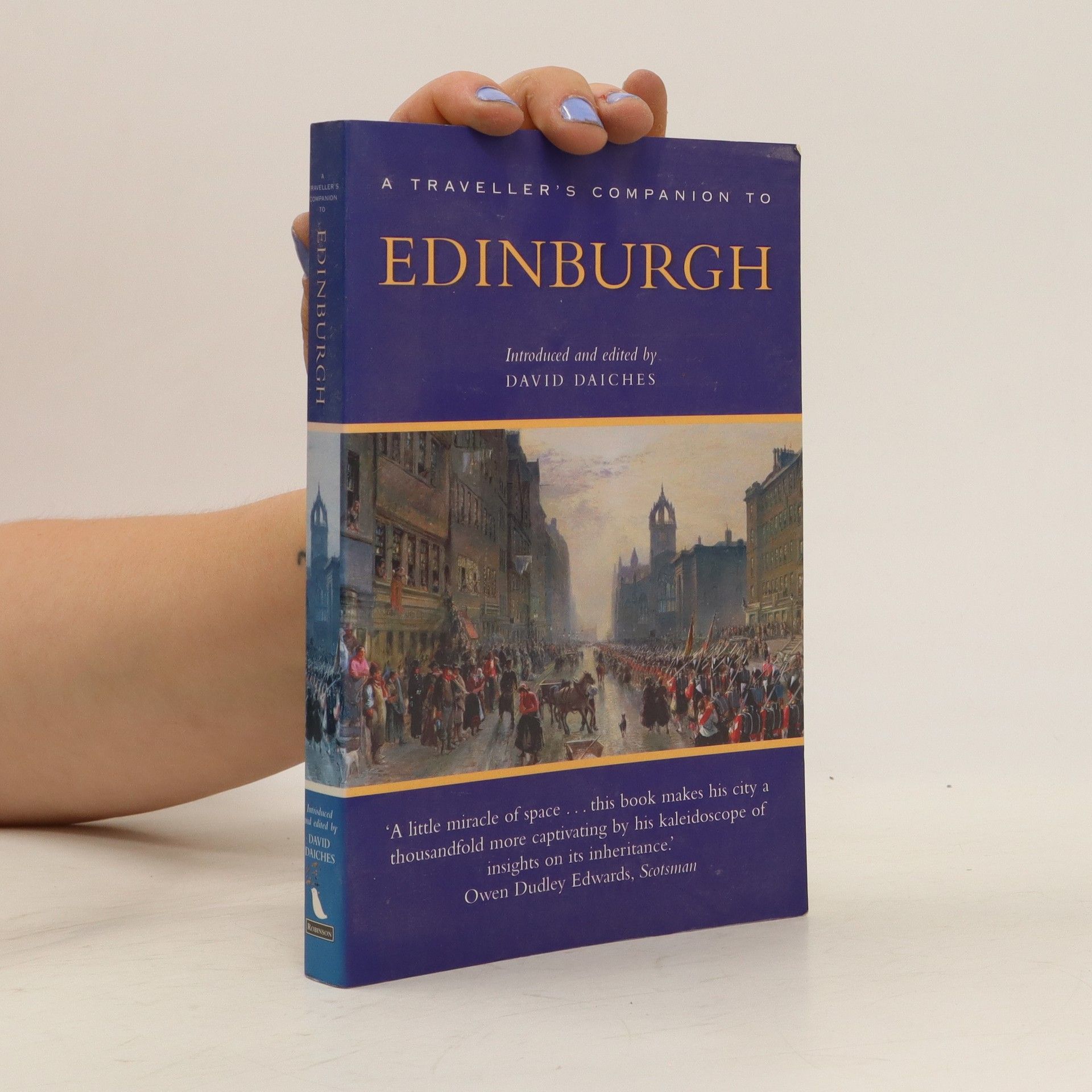
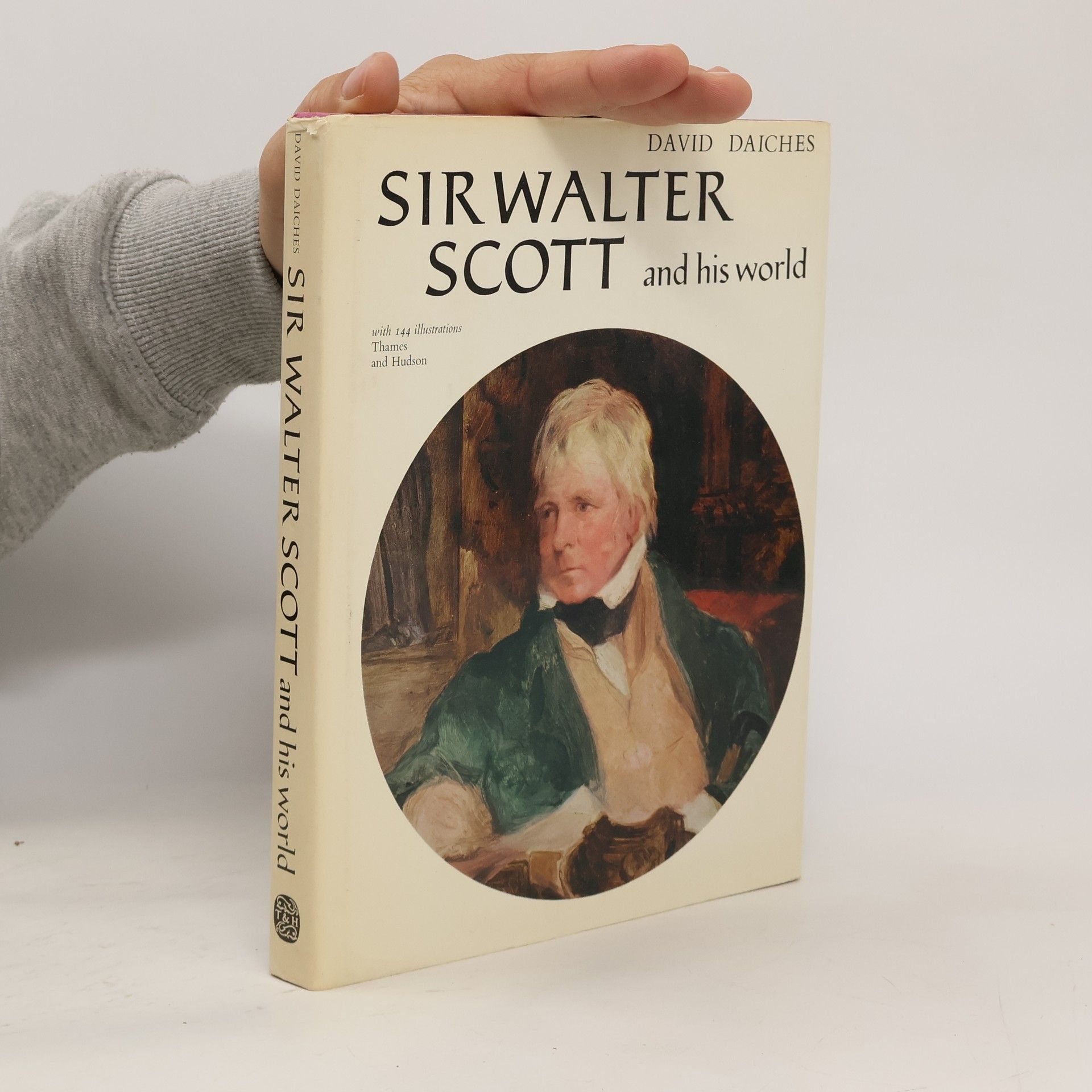
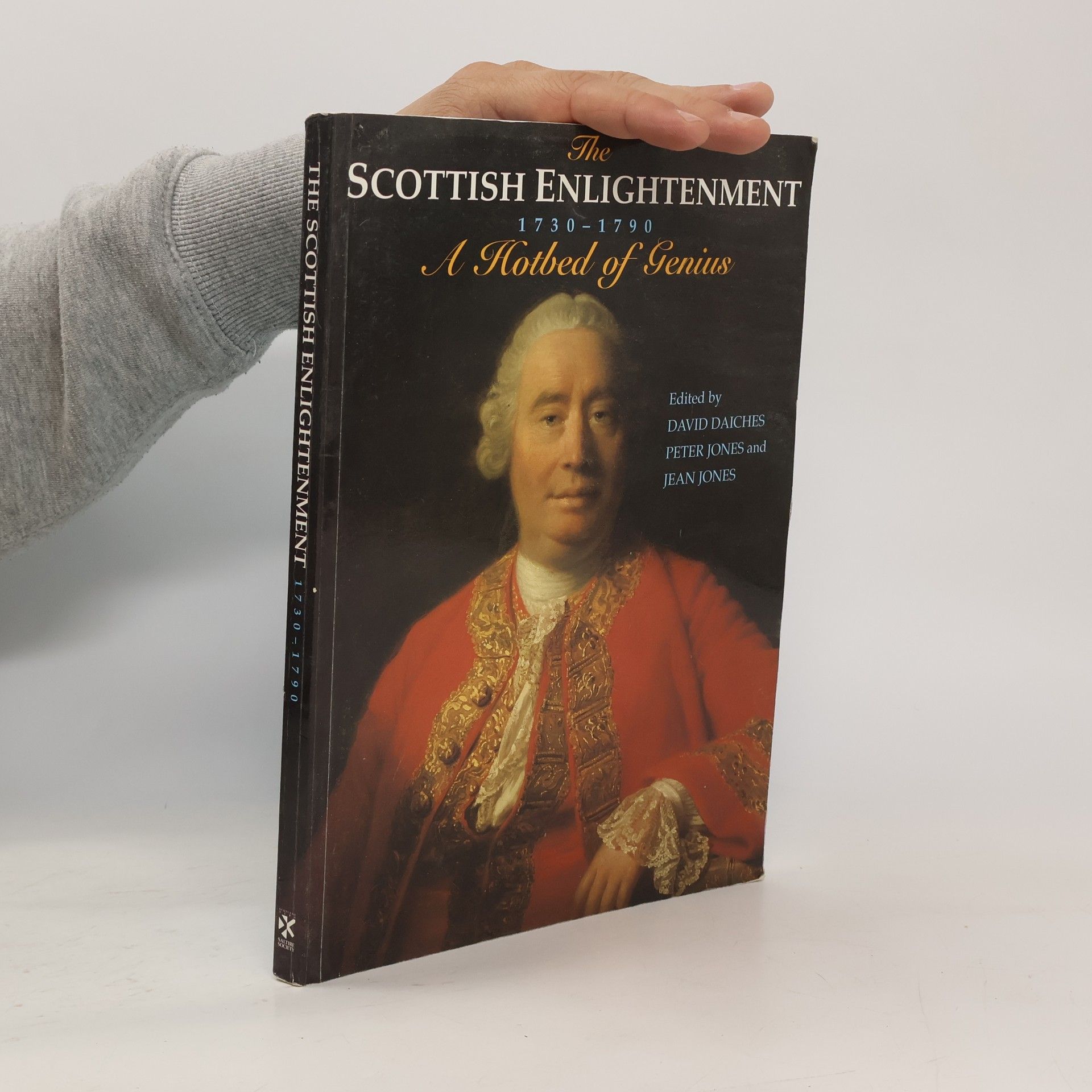
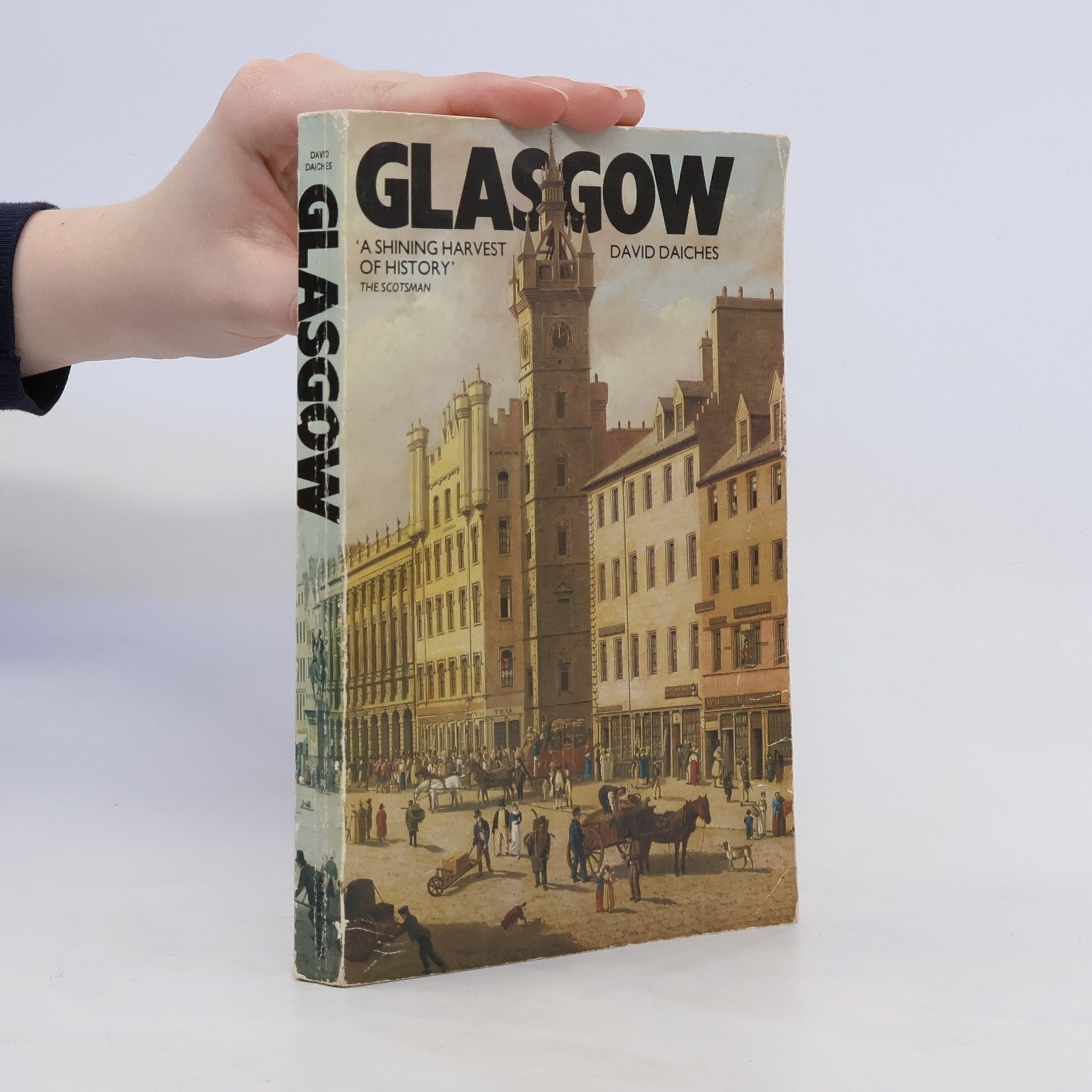
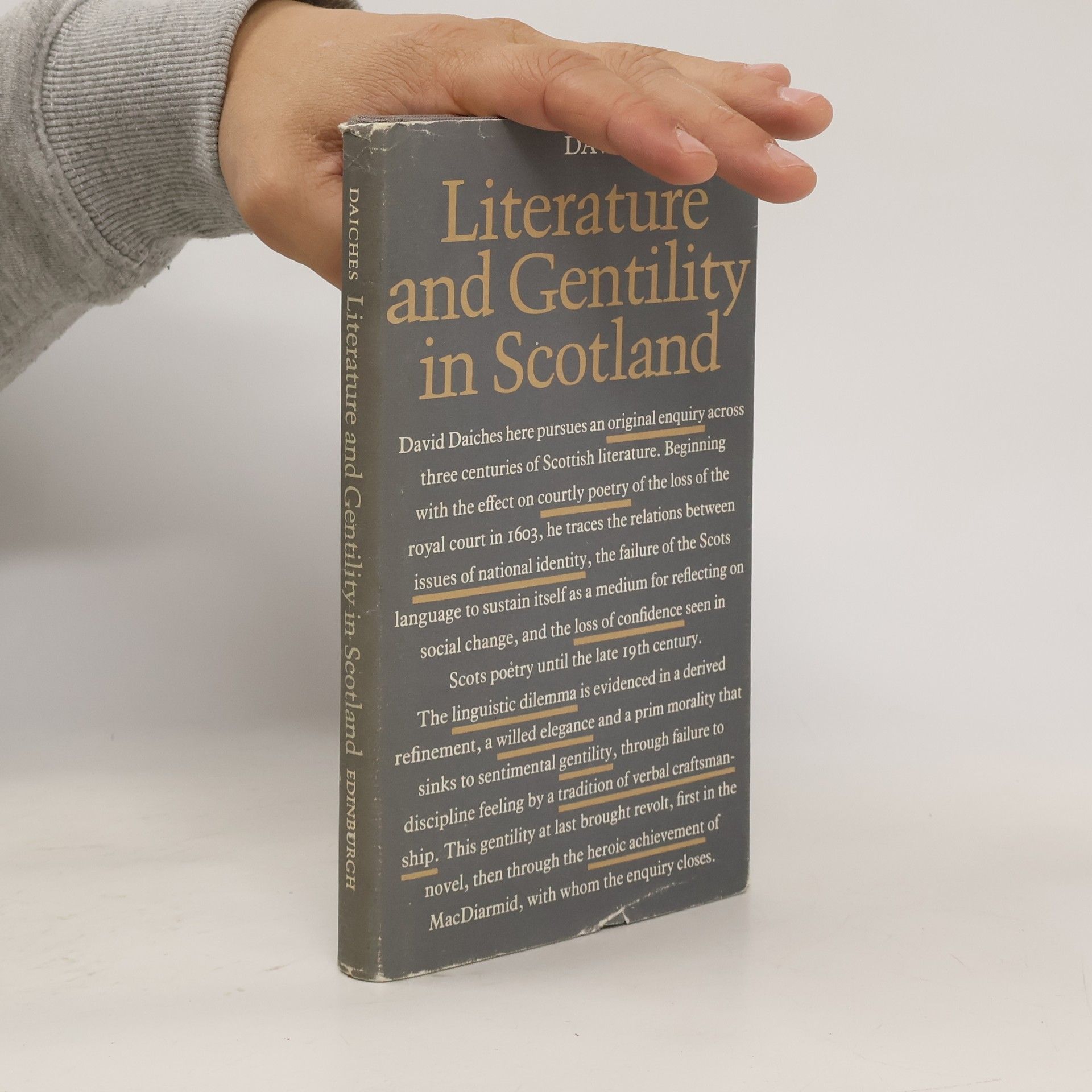
Glasgow
- 288 pages
- 11 hours of reading
Book by Daiches, David
Offering a study of the Scottish Enlightenment, this collection of essays deals with the period from 1730 to 1790 - one of the most important in Scotland's history. It was an age when many aspects of mankind's existence - philosophy, economics, art, law, architecture, medicine, engineering - were studied and questioned. It was also a time when Scotland's cities were hotbeds of genius, and Scotsmen such as the philosopher David Hume, the economist Adam Smith, the chemist James Black and the geologist James Hutton developed their ideas and successfully challenged the beliefs of the past.
Sir Walter Scott and His World
- 143 pages
- 6 hours of reading
Sir Walter Scott and His World (A Studio book) [Sep 21, 1971] Daiches, David
A Traveller's Companion to Edinburgh
- 229 pages
- 9 hours of reading
Edinburgh is a city whose history is written on its face. The Old Town on its crowded rock, sloping down from the Castle to Holyroodhouse, has not significantly changed its atmosphere since the turbulent fifteenth and sixteenth centuries, when riots, processions, or public executions jammed the High Street. And the very different era that followed the bloody religious wars of the seventeenth century is epitomized by the elegant streets and squares of the New Town - the eighteenth-century Enlightenment whose writers, philosophers and lawyers made Edinburgh famous. This anthology of extracts from letters, memoirs, diaries, novels and biographies of interesting visitors and inhabitants, including the writings of Scott, Boswell, Cockburn, John Knox and many others, recreates for today's visitors the drama, the history, and the life of the city in buildings and places that can still be visited. The daring Scottish recapture of the Castle from the English in 1313; the confrontation between Calvinist John Knox and Catholic Mary Queen of Scots in Holyroodhouse; an eye-witness account of the execution of Montrose at the Mercat Cross in 1650; reeking slop-pails in the wynds and polite manner
Wuthering Heights
- 279 pages
- 10 hours of reading
In a house haunted by memories, the past is everywhere ... As darkness falls, a man caught in a snowstorm is forced to shelter at the strange, grim house Wuthering Heights. It is a place he will never forget. There he will come to learn the story of Cathy: how she was forced to choose between her well-meaning husband and the dangerous man she had loved since she was young. How her choice led to betrayal and terrible revenge - and continues to torment those in the present. How love can transgress authority, convention, even death. And how desire can kill.
Charles Edward Stuart
The Life and Times of Bonnie Prince Charlie
Why did Charles Edward Stuart become one of the great romantic figures of history, a familiar name even to those who know nothing of his curious career? Professor Daiches brushes away the dust from the waxwork figure the Bonnie Prince has become, and writes of the real person within the context of his time.
Two Worlds
- 224 pages
- 8 hours of reading
David Daiches was a distinguished literary historian and critic, known for his extensive contributions to the field. He served as Professor of English at the University of Sussex from 1961 to 1977, during which time he shaped literary scholarship and education. His prolific work reflects a deep engagement with literature, making significant impacts on both academic circles and broader literary discussions.
Let's Collect Scotch Whiskey
- 32 pages
- 2 hours of reading
Information on how to select the perfect blend by label and year.
The New companion to Scottish culture
- 385 pages
- 14 hours of reading
A compendium of information on Scottish life, work, play and imagination. This new and completely revised edition takes in events of the past decade which has seen a flowering of Scottish art, music and literature.
